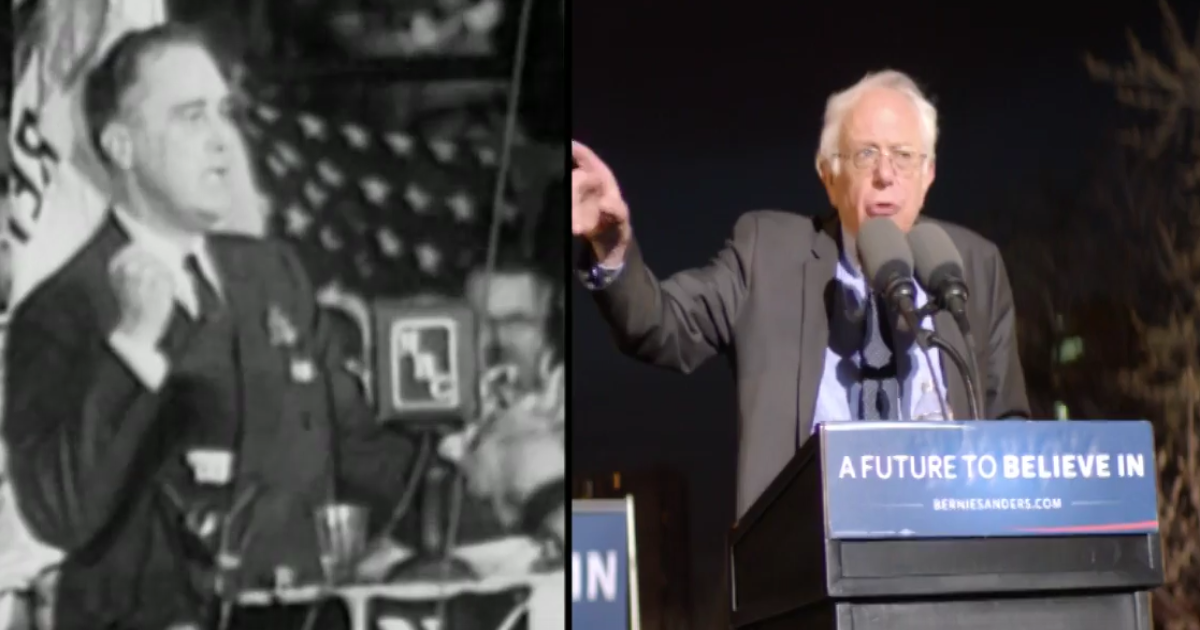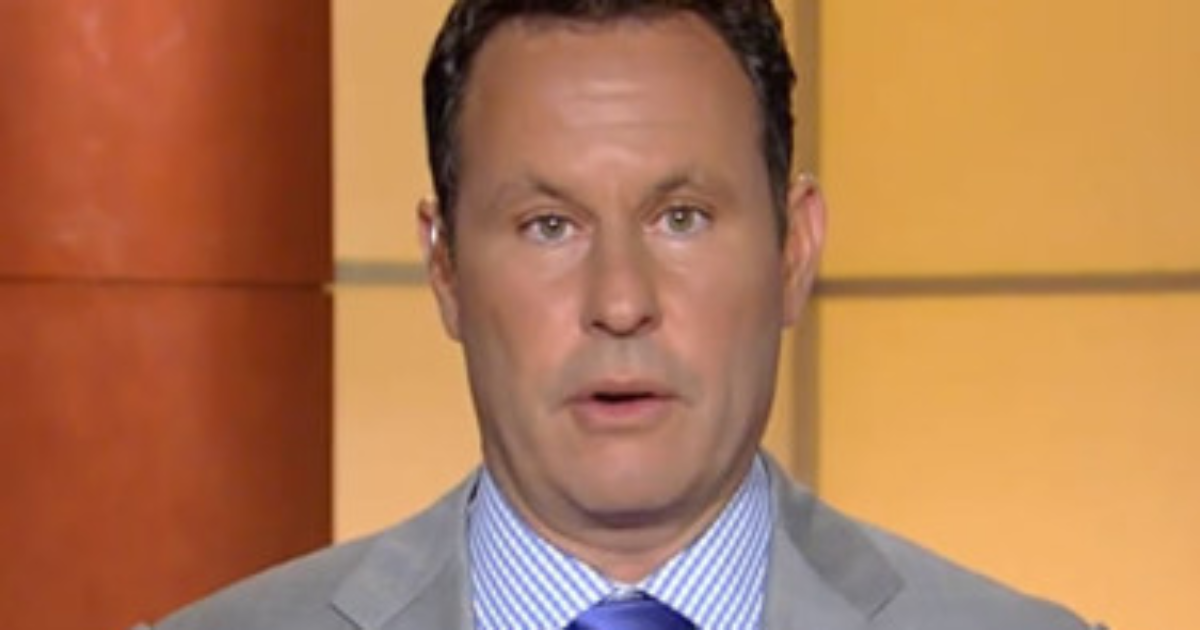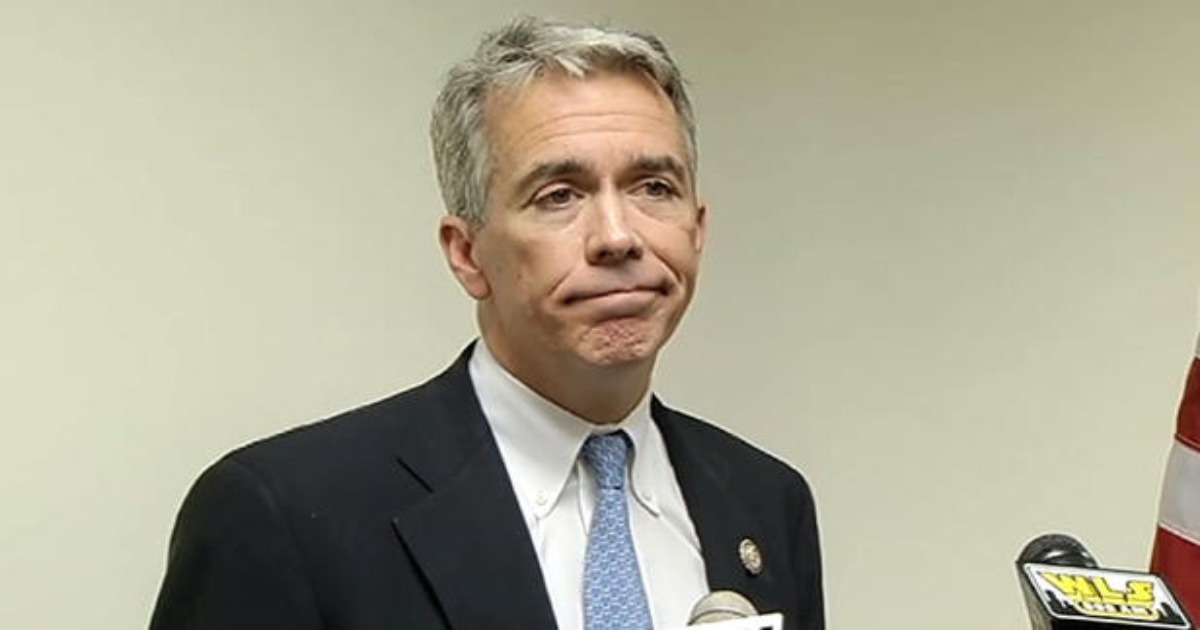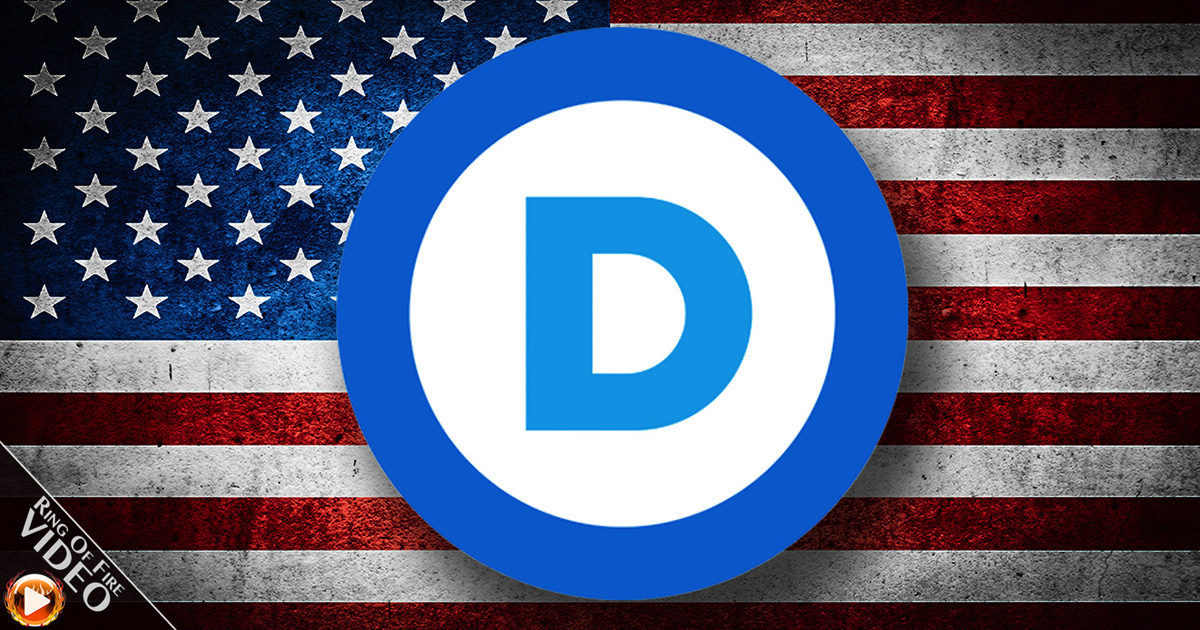Kansas Gov. Sam Brownback’s (R) tea party tax experiment has caused a massive $384 million budget deficit and lawmakers have been scrambling for a solution, reported ThinkProgress. That solution is to raise taxes, but not in any way that’s helpful to the people.
On the surface, it’s surprising that Brownback and Kansas lawmakers would approve the increase of taxes. But the tax increase only applies to cigarette and sales taxes, taxes that mainly affect the middle- and lower-class. The pocketbooks of businesses and the wealthy remain largely untouched.
Last Friday, the Kansas state legislature approved the increase of sales taxes from 6.15 percent to 6.5 percent. The increase seems inconsequential, but it will dig into the incomes of low-income people far more than wealthy individuals. State Sen. David Haley (D) said the tax increase is the largest in state history.
The new policy allows a $500 tax credit for groceries for low-income families, but the cutoff is any income over $30,615. The Kansas City Star reported that a family of four earns too much to qualify, but will pay $700 a year in grocery sales taxes.
Brownback’s tax cuts only benefited the top one percent of earners in the state, as well as businesses. Unfortunately, the governor’s reckless tax cuts shifted the tax burden onto lower earners, as tax cuts tend to do. Even conservative tax analysts criticized Brownback’s “experiment.”
“Taxes matter, but so does responsible budgeting,” said Joseph Henchman, VP of the Tax foundation. “You can’t just cut taxes and keep your spending the way it is and expect some sort of magic to balance it.”
Brownback’s tax cuts were thoughtless and frivolous. In fact, the attempt to boost the state job market has caused the opposite effect. A handful of schools closed their doors early because the Brownback cuts gouged the education budget. In the middle of this past school year, Brownback cut $127 million from classroom funding. Kansas state court’s have found Brownback’s school funding to be “unconstitutionally low.”
The Brownback experiment has set the state of Kansas on a dangerous economical path. He thought he could recklessly cut taxes and the economy would miraculously recover. That’s not how it works.
More taxes need to be placed upon businesses and the wealthy to help offset the cost burden that has fallen upon the lower-class. Brownback wanted to serve corporations and the top one percent, and he got a struggling state economy as a result.




